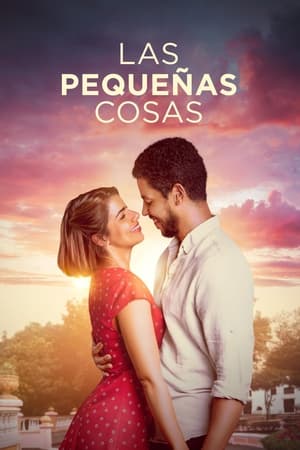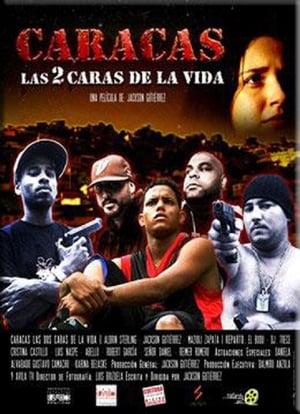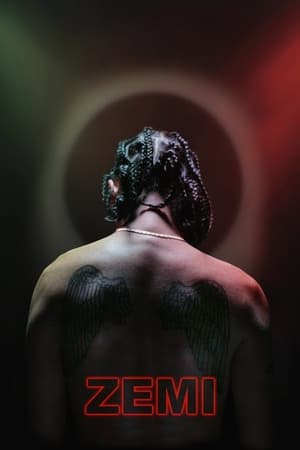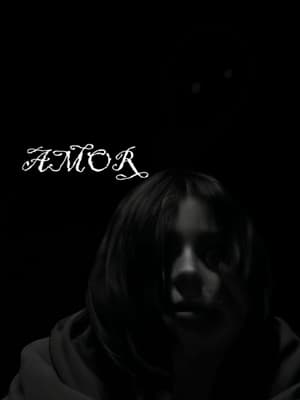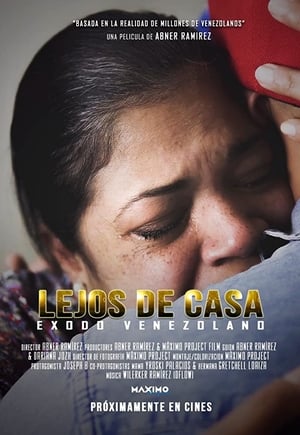Empatia por Ulises

Empatia por Ulises
HomePage
Overview
Release Date
Average
0
Rating:
0.0 startsTagline
Genres
Languages:
Keywords
Similar Movies
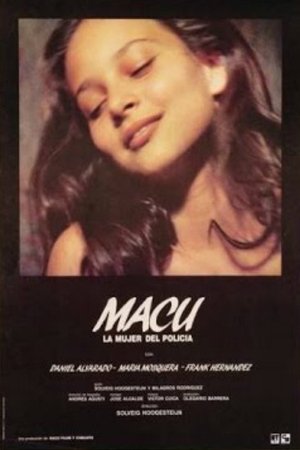 5.1
5.1Macu, la mujer del policía(es)
Directed by Solveig Hoogesteijn, Macu, the Policeman's Woman (1987) is a Venezuelan crime drama based on a true story. The film follows Macu, a young woman living in a Venezuelan shantytown, who becomes romantically involved with a local policeman named Ismael. As their relationship develops, Ismael's jealousy intensifies, leading to tragic consequences. The narrative delves into themes of power, control, and the dynamics of abusive relationships within marginalized communities. The film is notable for its exploration of gender roles and societal issues in Latin America.
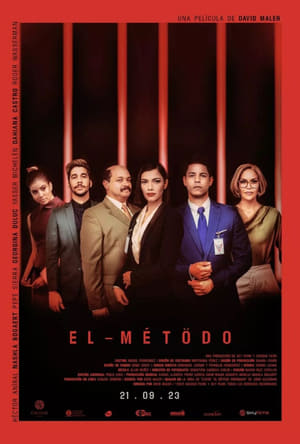 6.0
6.0El Método(es)
A group of professionals attend a job interview for a very lucrative position within one of the largest multinational companies in the world. Upon arrival, they are surprised to discover that there is no such interviewer, but that they will be subjected to a very particular dynamic. What begins as a civilized and professional process, ends up bringing out the darkest and most animalistic part of each of them.
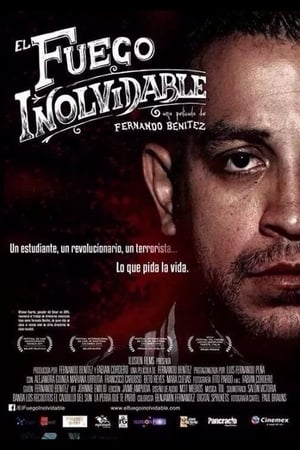 5.8
5.8The Unforgettable Fire(es)
Tells the story of a young student and his spanish journalist friend who, after being victims of violence, they decide to act and organize a movement through Mexico's internet, but this is mistaken for a terrorist organization.
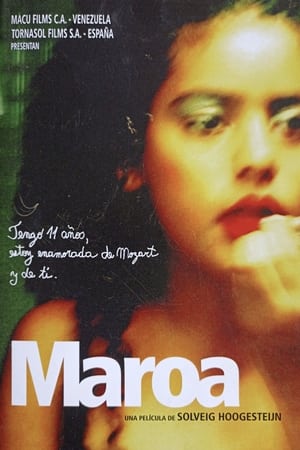 6.5
6.5Maroa(en)
Eleven-year-old petty criminal Maroa lives with her violent grandmother Brigida in Caracas. After her boyfriend Carlos is involved in a shooting, Maroa is arrested and sent to a school where Joaquin conducts the youth orchestra, and he asks the naturally talented Maroa to join. Days now revolve around the classes that Joaquin, the shy and unconventional teacher, gives her. He is immediately interested in this talented young girl, who lacks all notion of discipline. Joaquin, the only person to offer hope in the midst of her rejection, finds that through Maroa, his world has also changed forever.
 8.3
8.3My Otaku Girlfriend(es)
"Get ready for an unforgettable experience where love and the anime world intertwine in "My Otaku Girlfriend"! An anonymous mangaka is discovered by a beautiful otaku influencer, and he must choose between finishing his manga with her or leaving everything behind for graduate studies abroad."
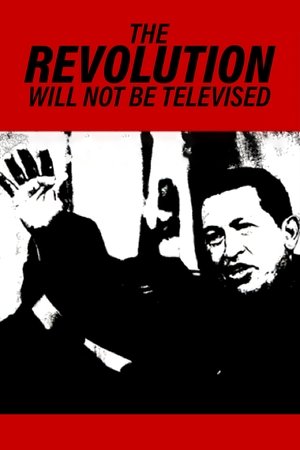 7.7
7.7The Revolution Will Not Be Televised(en)
Hugo Chavez was a colourful, unpredictable folk hero who was beloved by his nation’s working class. He was elected president of Venezuela in 1998, and proved to be a tough, quixotic opponent to the power structure that wanted to depose him. When he was forcibly removed from office on 11 April 2002, two independent filmmakers were inside the presidential palace.
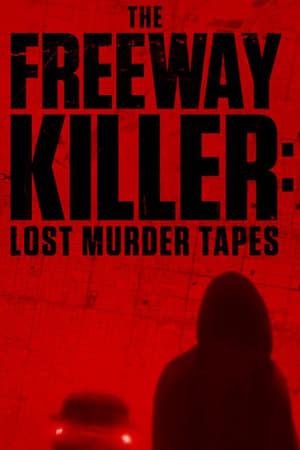 6.6
6.6The Freeway Killer: Lost Murder Tapes(en)
In 1970s California, a serial killer dumps young boys' bodies along the freeways. An L.A. street reporter on the case receives information that embroils him in the dilemma of a lifetime. Decades later, lost confession tapes help experts uncover the truth.
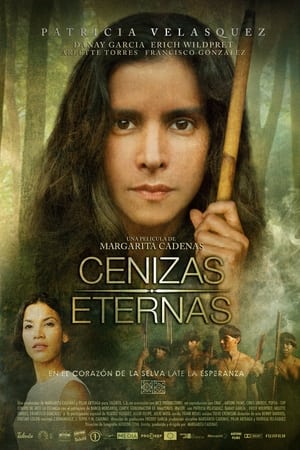 4.5
4.5Eternal Ashes(es)
ETERNAL ASHES tells the story of a mother, Ana and her daughter, Elena. Although they are separated, in the space and time they remain united forever. The people and the millenarian culture of Yanomami are the framework of this story about the unbreakable bonds of filiations. After an accident in the furious flow of the mythical Orinoco River, in the fifties, Ana was considered dead. Elena as an adult and facing the negligible possibility that her mother is alive decides to leave to the Amazon to search her. ETERNAL ASHES is a story of filiations, poetry, wisdom and especially of humanity.
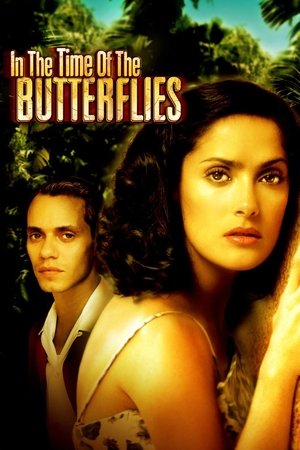 6.3
6.3In the Time of the Butterflies(en)
Based on the book by Julia Alvarez. Three sisters become activists during the Dominican Republic's Trujillo regime when members of their family are killed by the government's troops.
 5.4
5.4Francisco de Miranda(es)
In 1750, in the glare of the Caribbean, the man who created history known as the forerunner of independence in Venezuela. His name is Francisco de Miranda and, to be exact, is the largest globetrotter who has known the Americas, Miranda has a reputation as an inveterate wanderer, an eternal conspirator, a turncoat, a conqueror of nobles and courtiers, a lover of asylums, libraries, prisons and brothels, has written 63 volumes of his autobiography, a friend of princes, military and world-renowned artists, collector of women and unthinkable dreams, restless fugitive, owner of ten different names, and presented by the British press the moment as the future liberator of Spanish America.
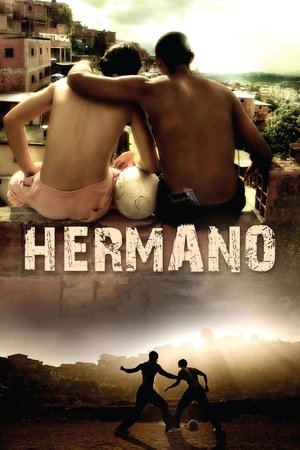 6.7
6.7Brother(es)
Two brothers fight to escape a violent and poor neighborhood in Caracas by playing soccer. Daniel wishes to play professionally while Julio supports the family with dirty money. The opportunity of a lifetime comes when a talent scout invites them to the Caracas Football Club. The boys' mother dies in a shootout forcing each brother to decide what it is more important to them:family, revenge, or achieving their dreams.
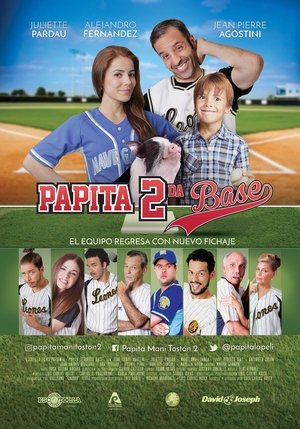 7.5
7.5Papita 2da Base(es)
Andrés and Julissa now parents to a seven year old Carlitos struggle to live happily as a family despite being fervent fans of rival teams and of Vicente's (Julissa's father) disapproval.
 0.0
0.0Exergo(eu)
Departing from peripheral details of some paintings of the Bilbao Fine Arts Museum, a female narrator unravels several stories related to the economic, social and psychological conditions of past and current artists.
Olympus vacuum(es)
A powerful Argentine political film stands on the figure of an outsider intellectual, Sebreli, but manages to transcend it, he becomes a touchstone to go through Argentina and its dilemmas, through this country that is proud of almost everything it should be ashamed of. From national icons like Gardel, Evita, Che, and Maradona the film dialogs with recent Argentine history and it does so with extraordinary energy, supported by a rarely seen use of all kinds of archive material in an almost Dionysian state of sampleadelia. The film arrives to a surprising reflection on nationalism, demagogic governments and delusions of unanimity; problems that are common to emerging societies that cannot find their ways to a freer and more egalitarian society.

